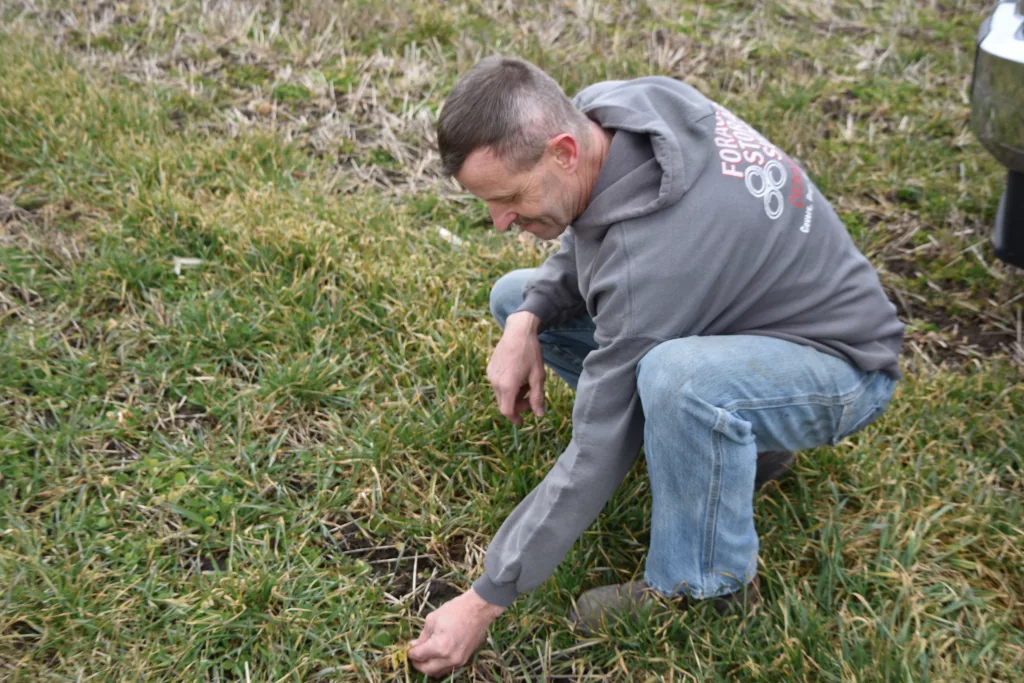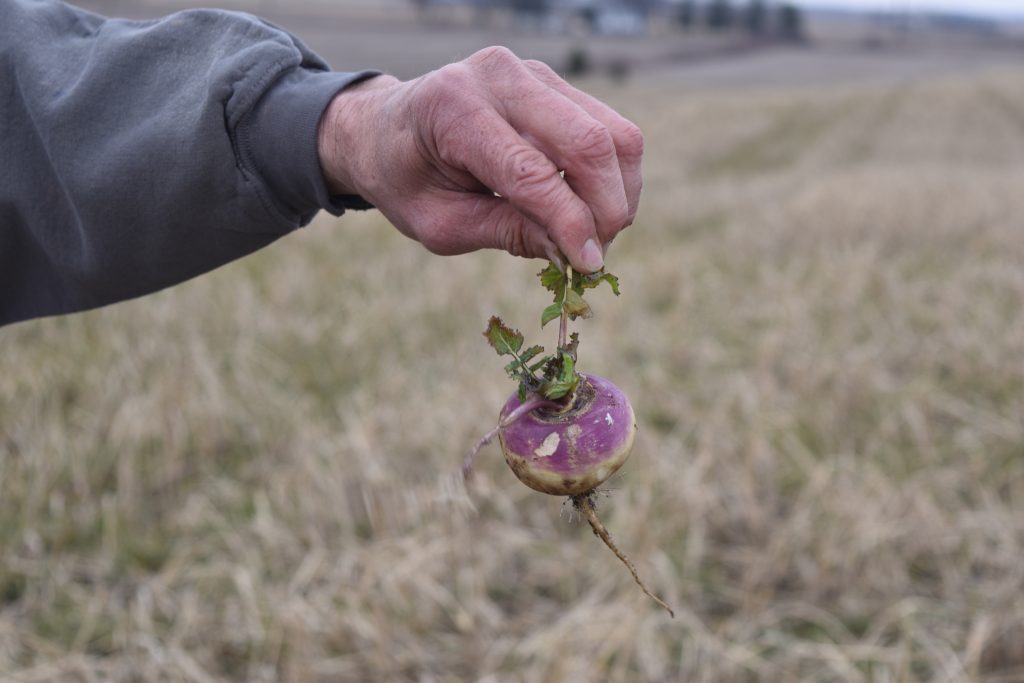At Badtke Family Farm, sustainability isn’t just a buzzword—it’s a way of life. For Pete Badtke, sustainability means nurturing the land to create healthy soil through cover crops and conserving water resources. As we reflect on Earth Day, let’s dive into what sustainability truly means for farmers like Pete, and address common questions about farming’s impact on the environment.
What Does Sustainability Mean to Farmers?

For Pete, sustainability is about leaving the land better than he found it. It’s a commitment to building healthy soil and conserving water for future generations. Pete believes in the long-term benefits of implementing conservation practices. From cover crops to responsible water management, every decision on the farm is guided by a vision of sustainability.
Is Farming Bad for the Environment?
Contrary to popular belief, farmers like Pete are actively working to minimize their environmental footprint. By adopting practices that create healthy soil and conserve water, they’re not only preserving natural resources but also enhancing the resilience of their operations. Sustainable farming contributes to environmental stewardship and biodiversity conservation.
How Do Farmers Manage Cover Crops?

Cover crops play a crucial role in Pete’s sustainability efforts. Inspired by partnerships with local organizations like the Green Lake County Farm Bureau and the Green Lake Association, Pete has been experimenting with cover crops for over a decade. These crops not only enrich the soil but also help prevent erosion and improve water retention. Pete’s dedication to innovation and collaboration has led to transformative changes on his farm.
What Technology Supports Sustainable Farming?
Technology is a game-changer for sustainable farming practices. Pete’s investment in auto-steer technology allows for precise planting and spraying, minimizing waste and maximizing efficiency. By leveraging the latest advancements, farmers can enhance their sustainability efforts while remaining economically viable.
Who Partners with Farmers to Advance Sustainability?
Partnerships are key to driving sustainable agriculture forward. Pete’s involvement in initiatives like the Fox-Wolf Demo Farms project and the Wisconsin Farm Bureau has provided invaluable resources and support. By collaborating with fellow farmers and advocacy organizations, Pete is paving the way for a more sustainable future.
Sustainability isn’t just a goal—it’s a journey. Farmers like Pete are at the forefront of this journey, demonstrating that with innovation, collaboration and a deep respect for the land, we can create a future where agriculture thrives in harmony with nature. So, as we celebrate Earth Month, let’s recognize and support the efforts of farmers who are working tirelessly to nourish both people and planet.

